Fireworks, parades, and a partisan divide that won’t go away
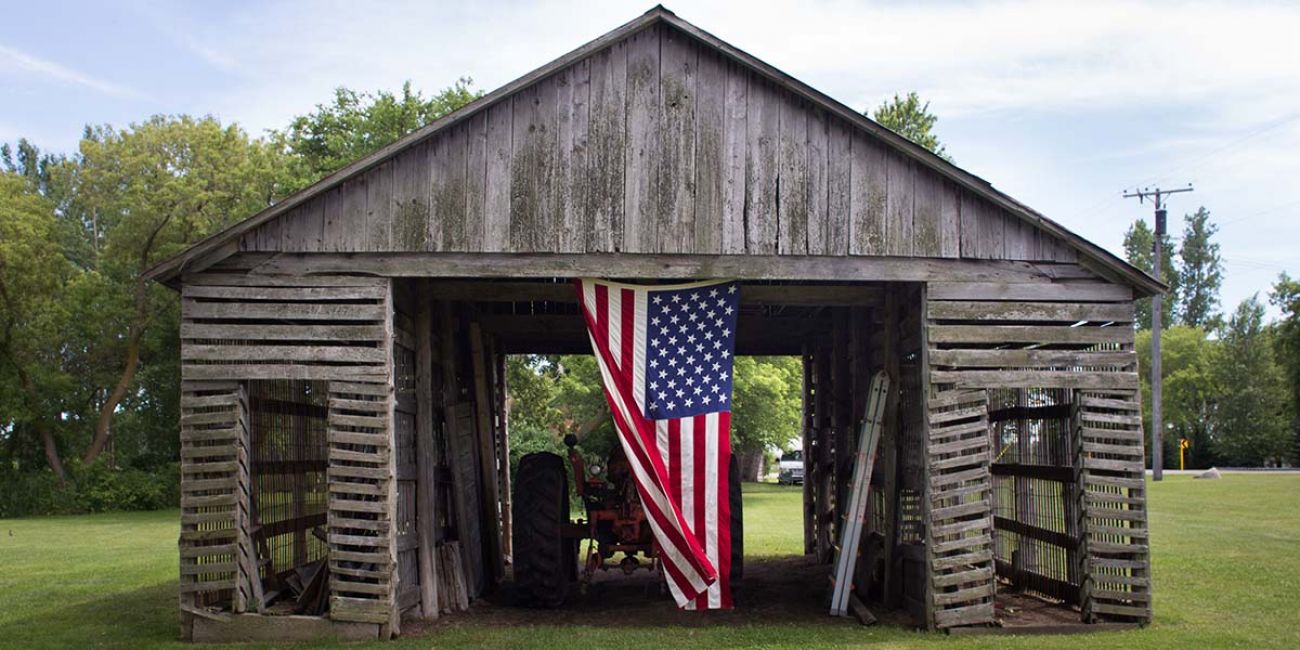
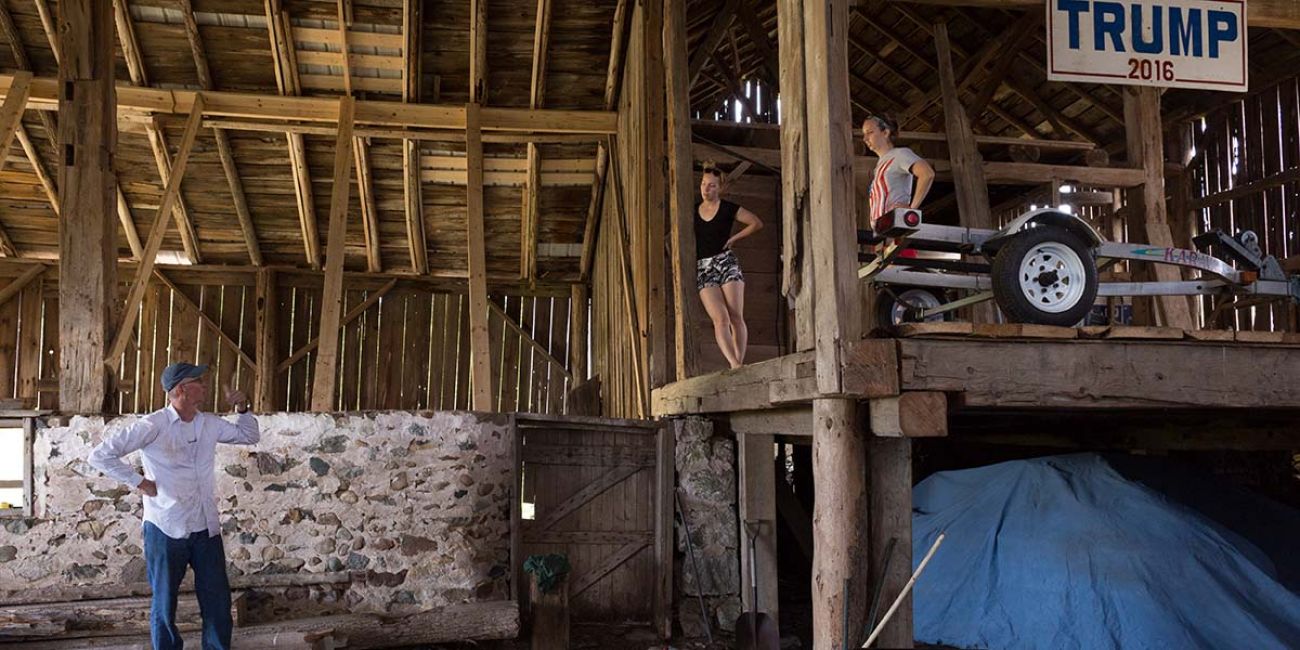
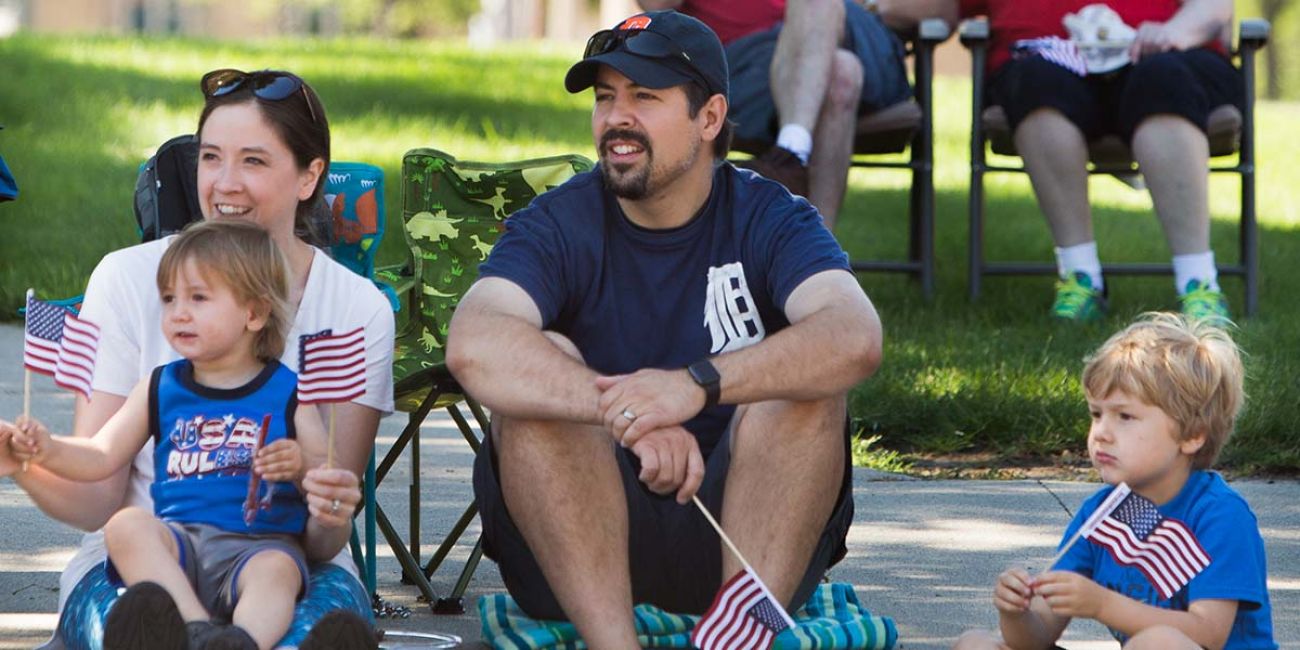
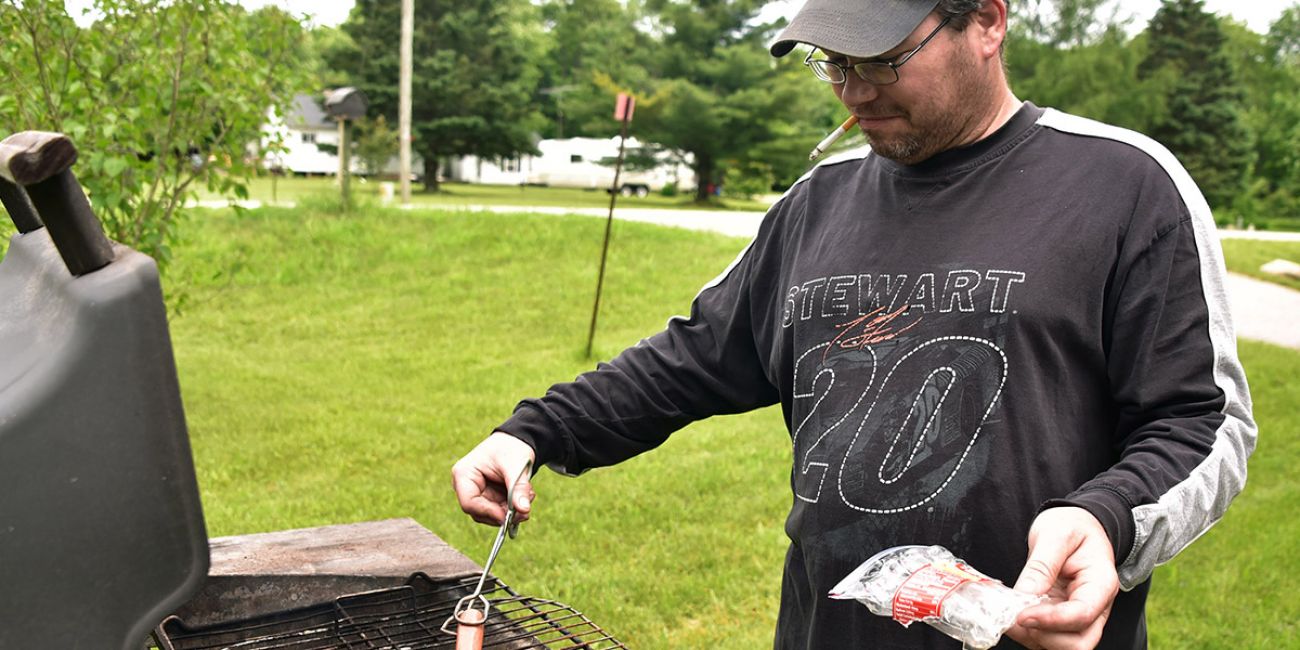
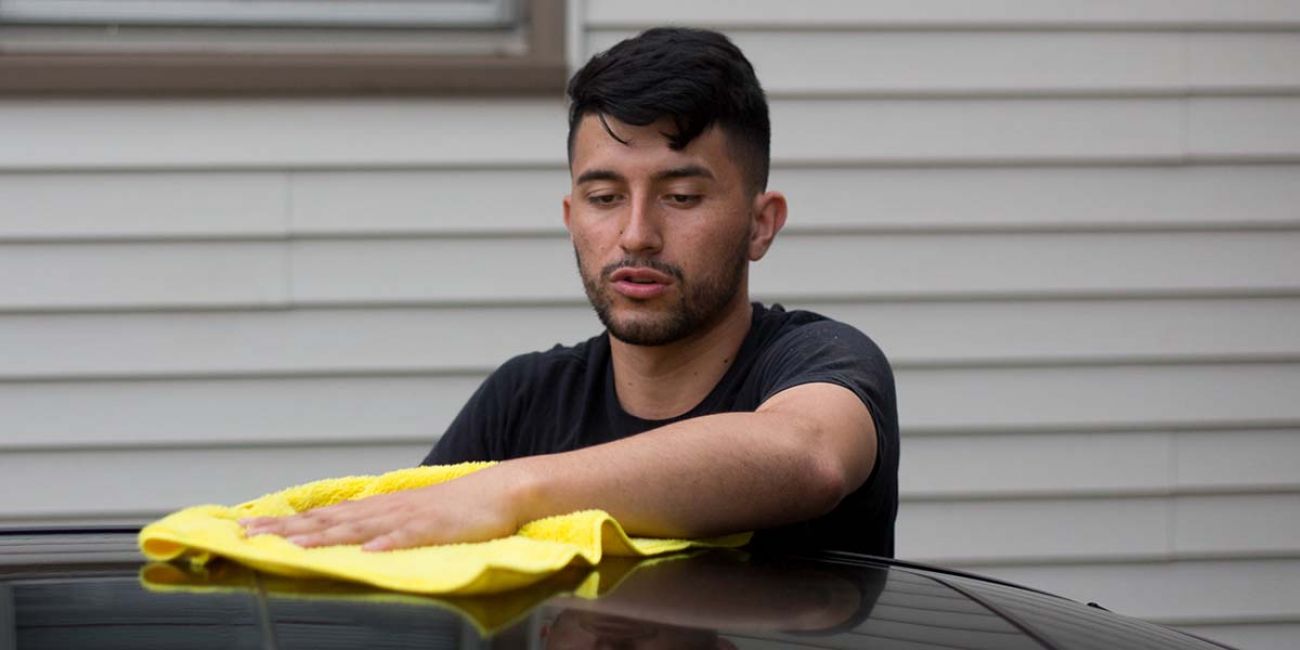
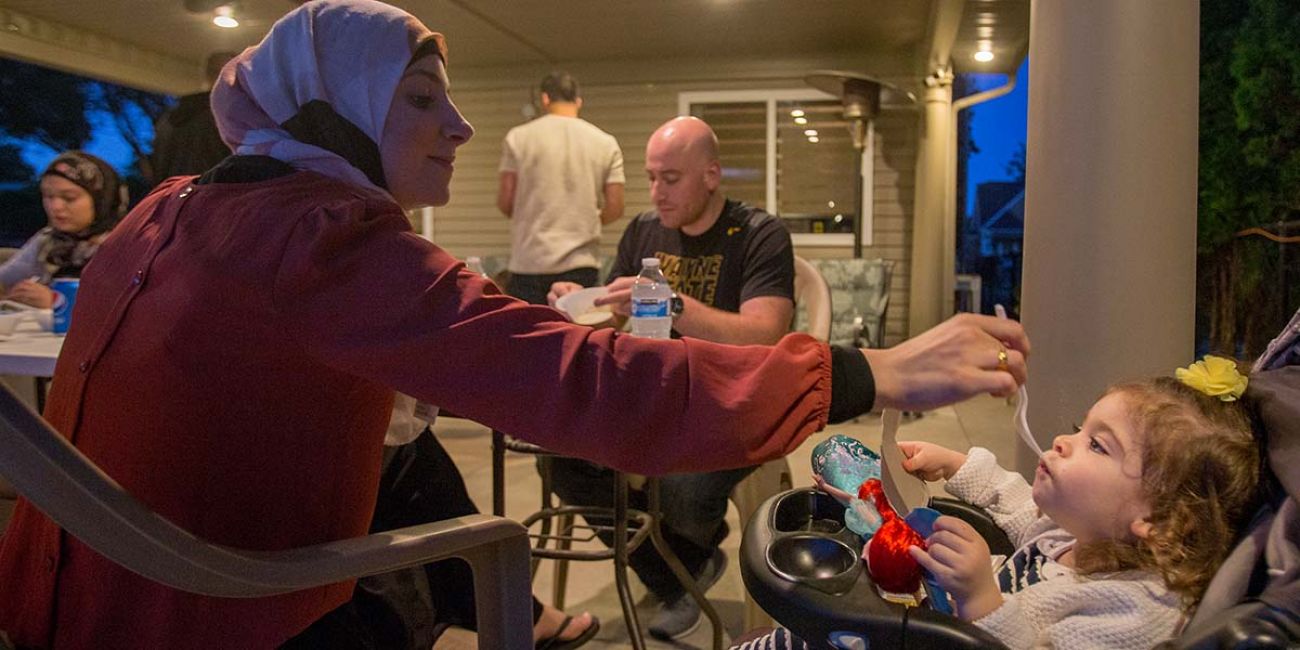
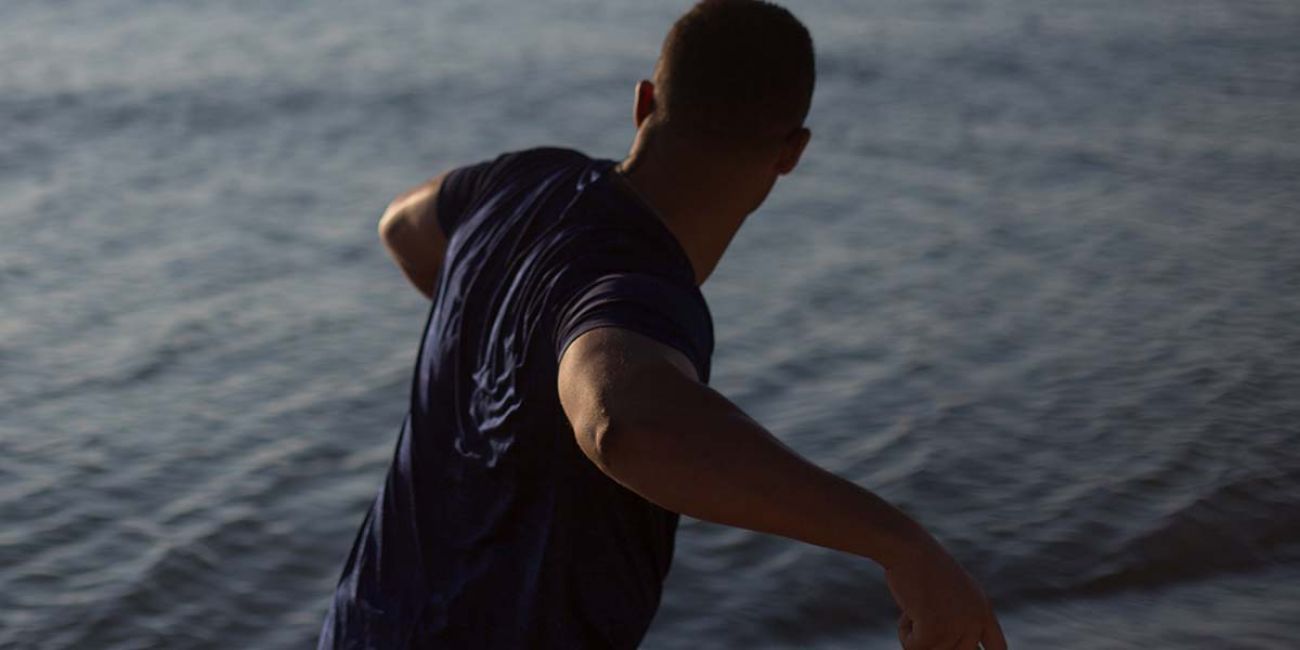
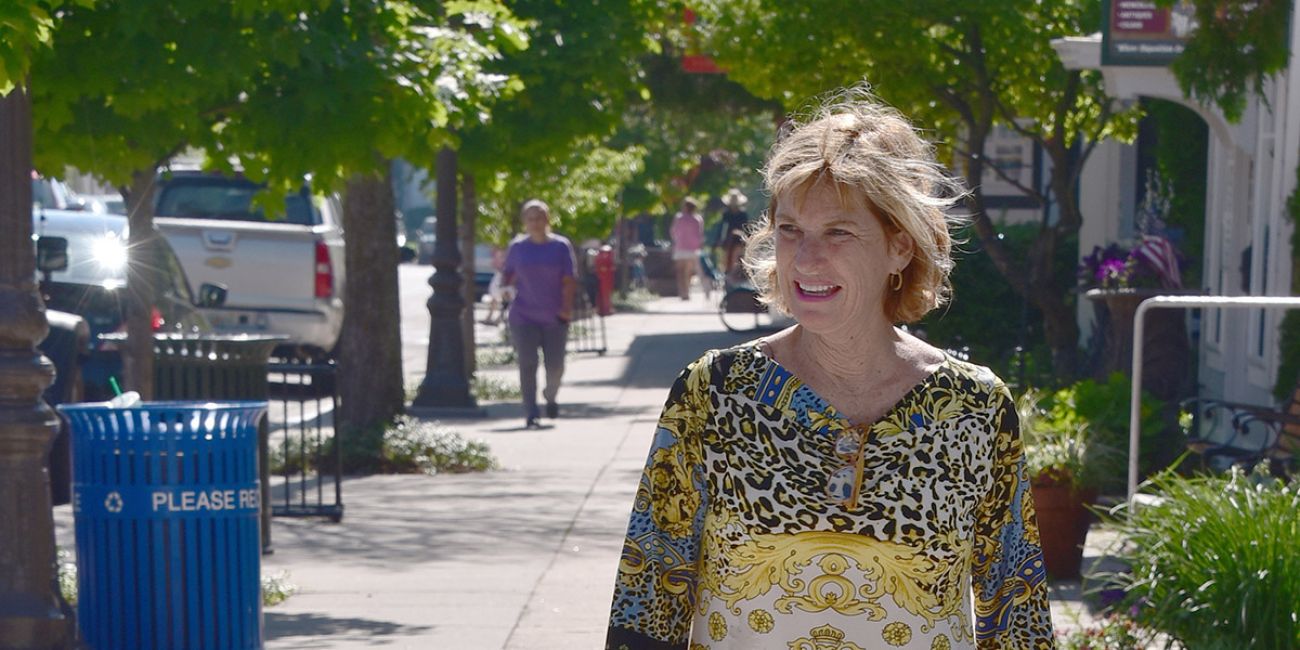
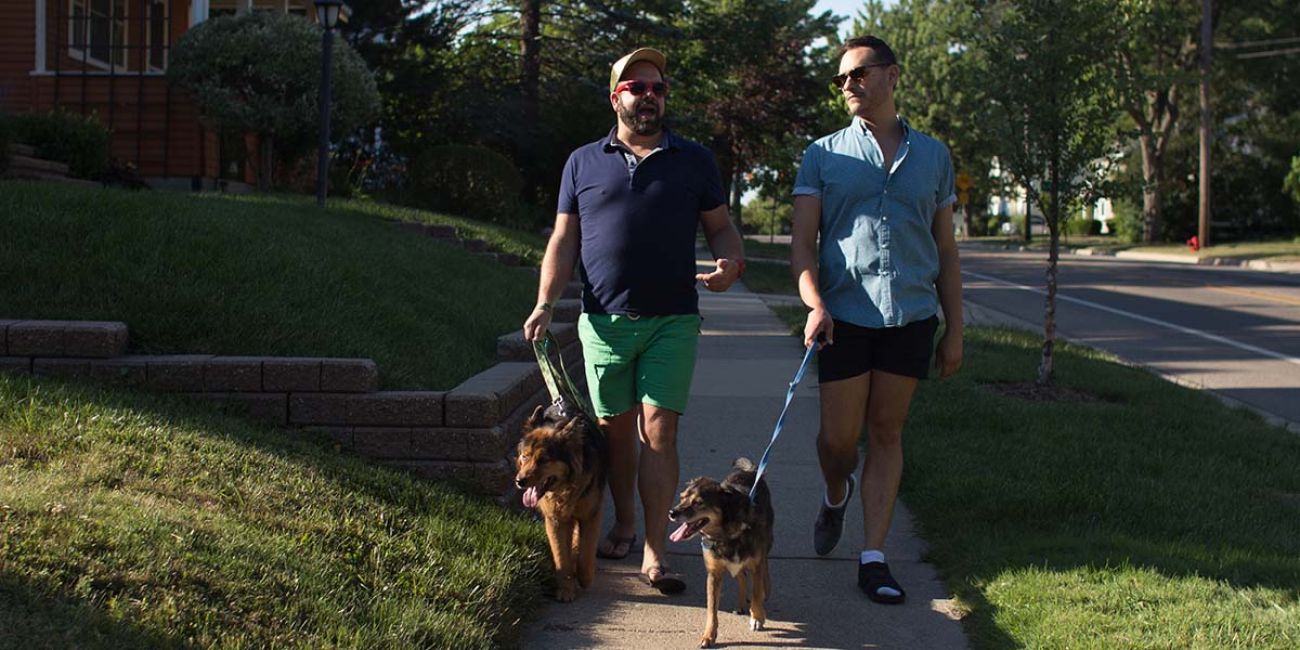
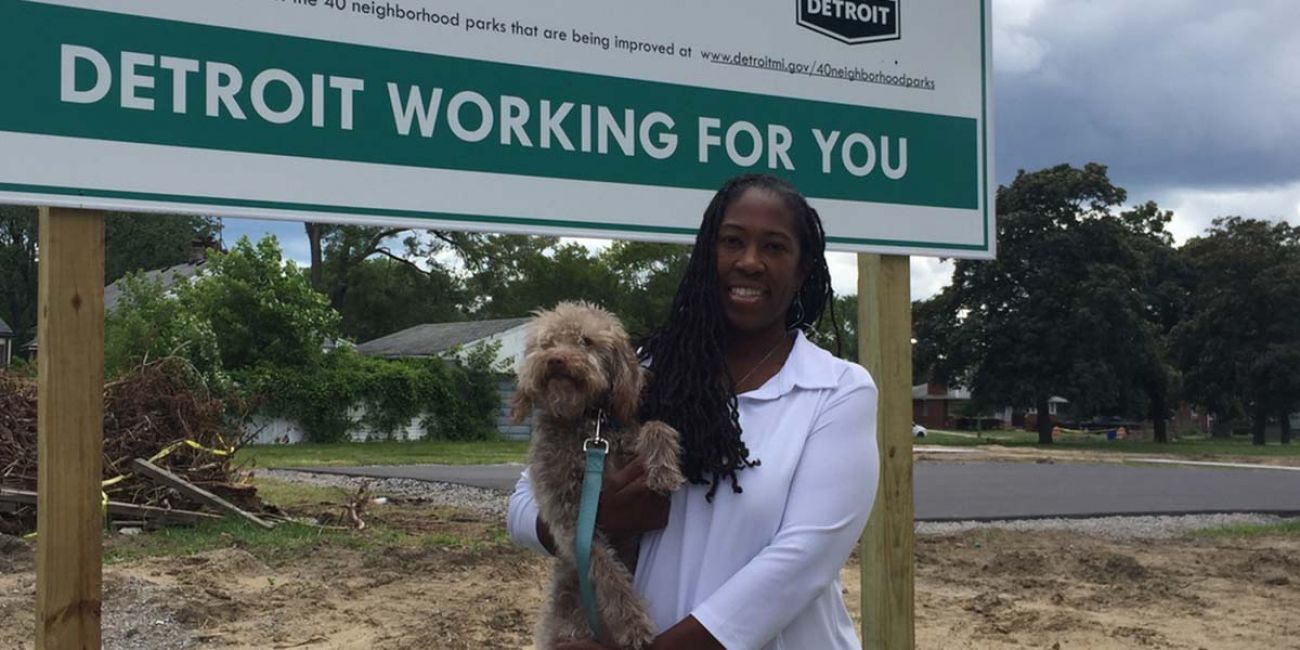
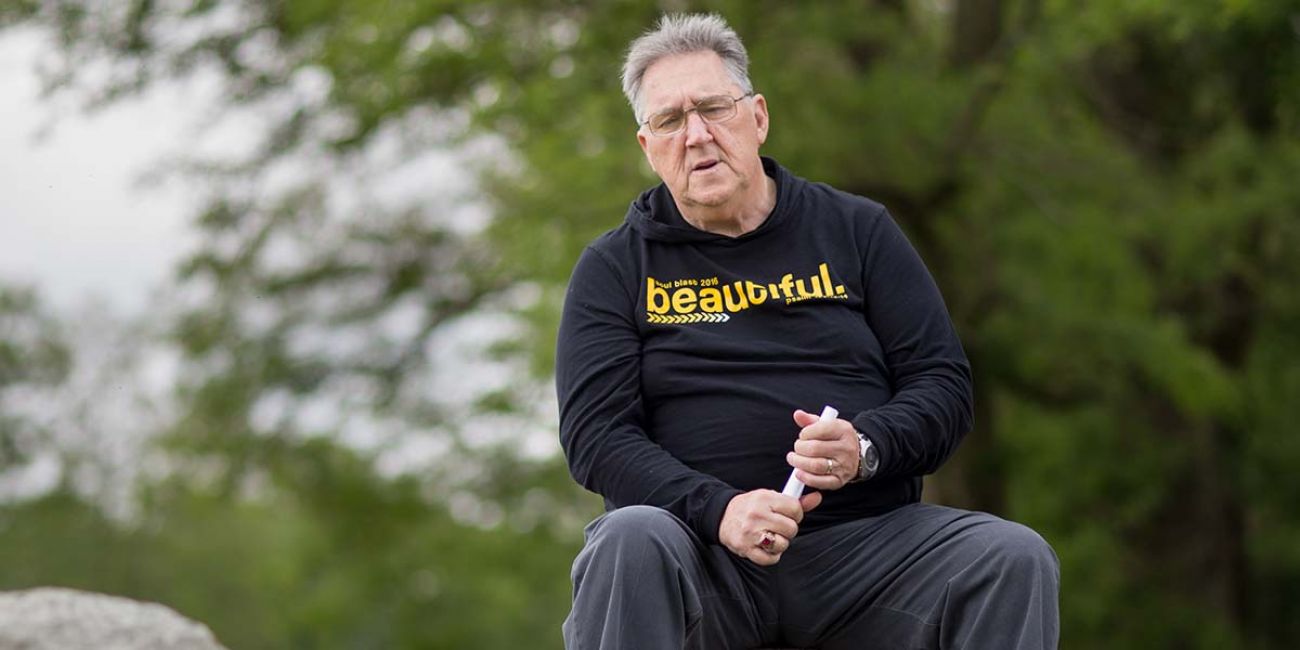
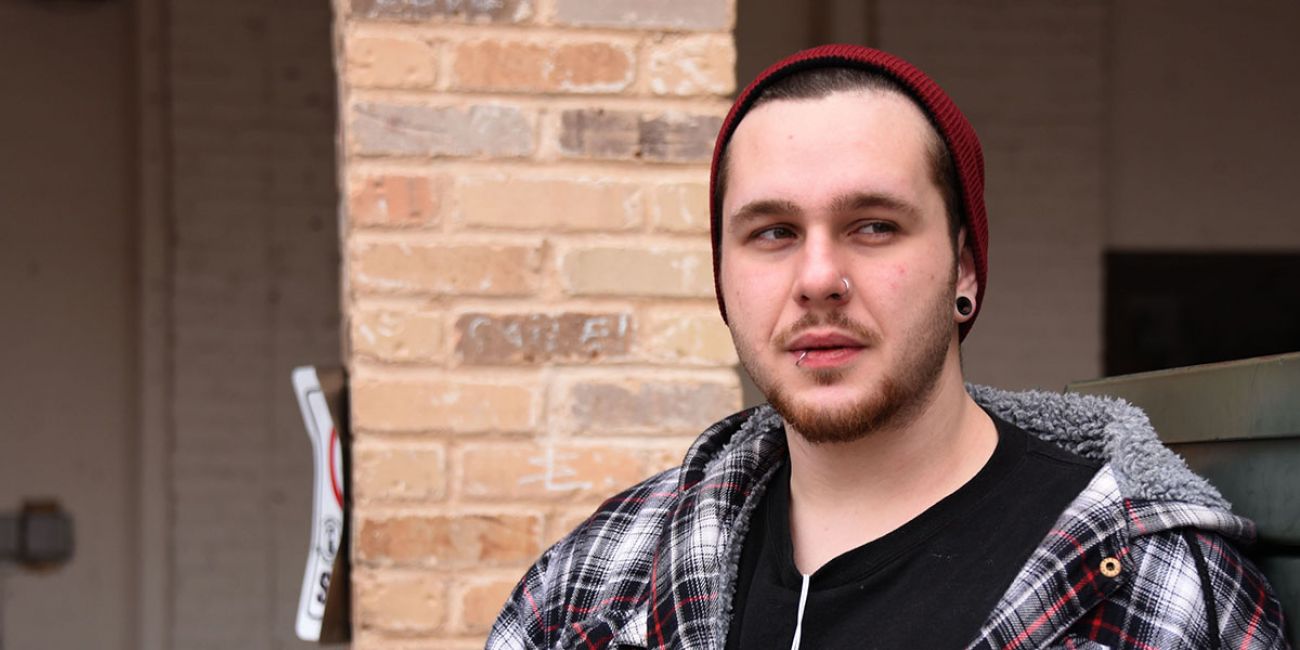
A large American flag waved in the breeze from an old corn crib in Sanilac County, in Michigan’s thumb, where Tom Herbon had hung it for the Independence Day holiday. Family and friends were coming to his 1880’s farm house for the holiday weekend. There would be a bonfire and the promise of mulberry pie.
Sitting on the curb near the Michigan Capitol building in Lansing on July 4, Lisa King and her family held smaller versions of the same flag. Baton twirlers, belly dancers, clowns and politicians paraded by.
Herbon and King are both Michigan natives. They both have college degrees and live in comfortable, suburban homes. Both, when asked what matters most, are quick to answer “family.” Yet on Independence Day, they look at the flag and see a country headed in different directions. Herbon is “ecstatic,” King angry. Both say almost everyone they personally know agrees with their views. Both believe the other is wrong.
And neither is planning to change.
(CLICK THE SLIDESHOW ABOVE TO MEET ALL OF MICHIGAN'S DIVIDED)
The 2016 presidential election may not have created the divide between Michigan residents, but it exposed deepening fault lines. Bridge is following 11 individuals and couples throughout 2017 to try to better understand the bubbles in which they, and most of us, live. The project is an effort to explore the political and social issues that divide us, and the common ground that might serve to bring us together.
Read full coverage of the Michigan Divided project
One is a retired engineer who believed electing Hillary Clinton would be the “end of America as we know it.” Another is a poetry teacher who in “conspiratorial moments” after Donald Trump’s election, worried about prison work camps. A U.P. couple stocked up on ammunition, believing if Clinton were elected she would impose harsh gun control. A young professional woman considered buying extra birth control before Trump took office.
Our team of reporters and photojournalists began chronicling these very different Michigan residents on Inauguration Day, Jan. 20. We checked in with them on or around the Fourth of July to see if the events of the past six months had changed them.
They hadn’t.
After a turbulent stretch that’s included investigations of Russian hacking, healthcare gridlock, and environmental friction from Paris to the Straits of Mackinac, the divide remains as wide today as in January. Of the 11 individuals and couples (14 people total) we are following, only one has had a change of heart, saying that if the election were held now, instead of voting for Trump, she wouldn’t bother voting at all because “it doesn’t matter who’s in office.”
Some have withdrawn from news, others have become more involved in politics. Almost no one said they had a better understanding of how their ideological opposites could hold different worldviews than they did during the hyper-partisan days surrounding the Trump inauguration.
What can be done to bridge the divide, when both sides blame the other for the gap?
“The divide is worse now than it was four or eight years ago,” said Herbon, 57, of Troy. The blame for that divide, according to the lifelong Republican, lies with Democrats. “I don’t see why people wouldn’t think (Trump’s) doing a good job,” Herbon said. “For people to be unilaterally against Trump blows my mind.”
“It’s so polarized. Each side feels like they’re right,” said King, 35, of East Lansing, a Democrat. “I struggle with it ‒ where does it come from? I keep thinking Republican’s will come out and say, ‘OK, let’s work together,’ but it seems like they’re all just trying to get their own way.”
The individuals and couples are split between those with only a vague notion of what has transpired in Washington since Inauguration Day Jan. 20, and those following events with a red-hot intensity within their own ideological camps.
Yet whether they closely follow the news or try to avoid it, on issue after issue, those who voted for Clinton and Trump continue to view the world through partisan prisms.
Every person Bridge is following who voted for Trump said they felt Russian meddling into the U.S. election was either false, unimportant or a distraction.
“This whole Russian connection thing, I tell you what, it’s a huge distraction from the real issues,” said John Hulett, a 72-year-old conservative Christian from Ionia County.
“I don’t know and I don’t care” if Russia took steps to try to help Trump win the election, said Herbon, who built a Trump sign, attached it to the back of his minivan and drove it to his polling station on election day. “There’s nothing they could have done that would have influenced my vote.”
Those who voted for Clinton could not name anything the new president has done that they support. “If anything, he’s worse than I expected,” said Aric Knuth, 40, of Ann Arbor.
The Jill Stein voter in the group says he'd still vote for the third-party candidate. Even the individuals who chose not to vote for president in November are dug in, saying they would still not vote. Asandi Conner, 46, of Detroit, filled in the rest of her ballot but left her presidential pick blank. She said she knew she wasn’t going to vote for Trump, but she had concerns about Clinton, too. When she got her ballot, she decided to not vote. “Despite everything,” Conner said recently, “I have no regrets.”
Only Sherri Frohriep, of rural Luce County in the Upper Peninsula, budged in her political views in the past six months. She and husband Dave Frohriep have been unemployed for the past year. They voted for Trump in part because he promised to bring back jobs. The couple is still jobless, and recently had their electricity turned off.
“I probably wouldn’t vote,” Sherri Frohriep said. “I honestly don’t think it makes a difference.”
Most seemed stumped about how to bridge the divide. Herbon, who said he gets his news primarily from conservative talk radio and President Trump’s tweets, suggested that “journalists have to be objective and just write the facts.”
Jim Leija of Ann Arbor, who is Aric Knuth’s husband, said he suspects the gap between people actually is shrinking. “I think there are a lot of Trump voters who are just afraid to admit” they are disappointed in the president, Leija said.
Does he think there also are Clinton voters who are softening their opposition to the president? “I don’t know any Hillary supporters who have changed,” Leija said. “There’s no reason to change.”
Leija and Knuth spent part of the night of July 4th with their dog Maisie, who was cowering in the bathroom from the sound of bottle rockets in a nearby cul-de-sac. Conservative Christian John Hulett did the same thing with his dog Goldie on his Ionia County farm.
“From a patriotic perspective, this is one of my favorite times of the year,” Hulett wrote in an email. “People come together for celebrations, parades, community outings, camping with families and enjoy time off. Polarization seems to reduce for a window in time as we realize we share the same space, basic values and are free in a country that allows such diverse views.
“Hopefully, it will spill over into the rest of the summer.”
Click the links below to revisit the lives of our Michigan Divided participants
See what new members are saying about why they donated to Bridge Michigan:
- “In order for this information to be accurate and unbiased it must be underwritten by its readers, not by special interests.” - Larry S.
- “Not many other media sources report on the topics Bridge does.” - Susan B.
- “Your journalism is outstanding and rare these days.” - Mark S.
If you want to ensure the future of nonpartisan, nonprofit Michigan journalism, please become a member today. You, too, will be asked why you donated and maybe we'll feature your quote next time!

